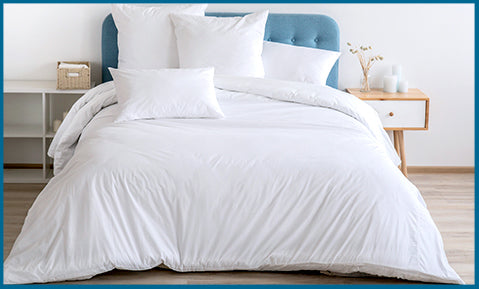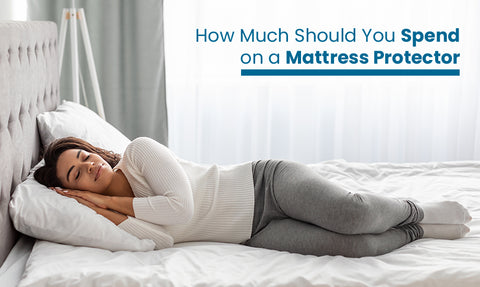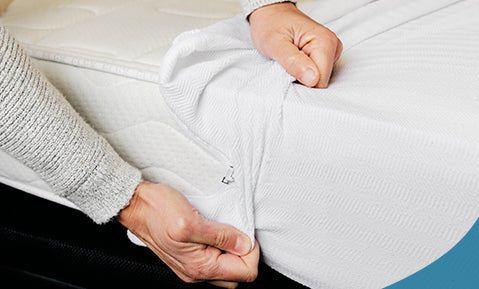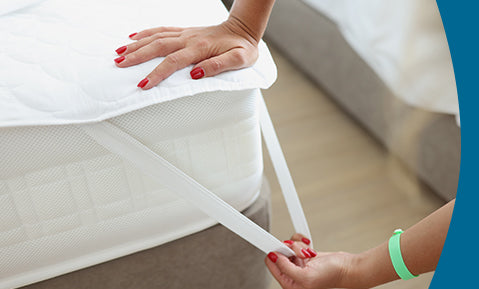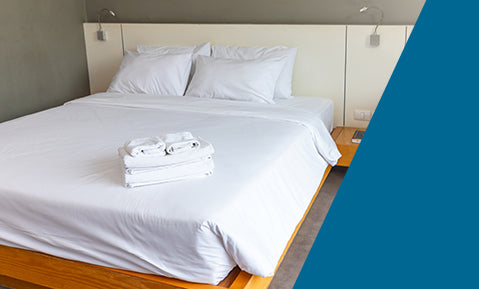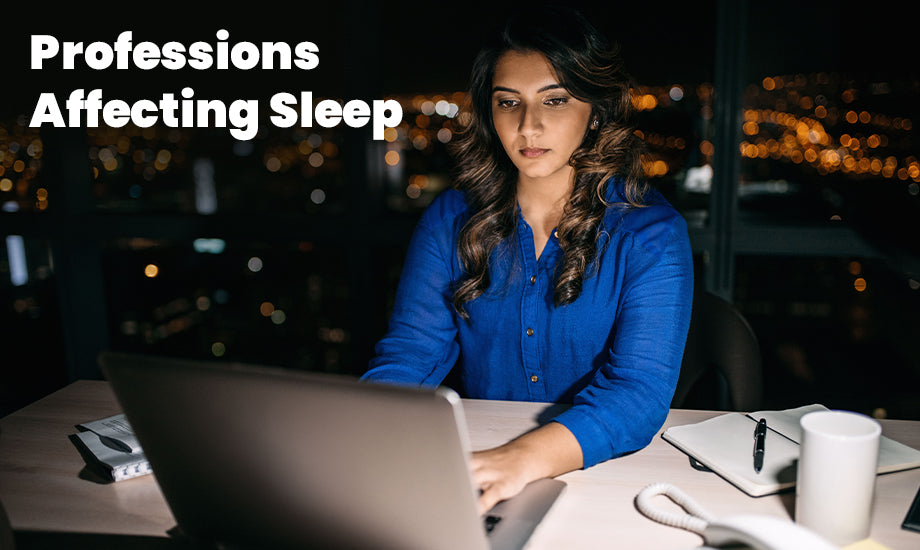
Are you a professional?
If not, maybe your near and dear ones are. Or maybe someone you know, who knows someone, who happens to be in some kind of profession.
Sleep is essential for physical and mental well-being and is important for everyone, regardless of profession. However, certain professions can have a particularly significant effect on the quality and quantity of sleep people get.
Relation of sleep with profession

For those in professions that require round-the-clock availability, such as doctors, nurses, police officers and firefighters, the lack of consistent sleep can lead to fatigue, increased stress levels and a decrease in performance. Those in such professions often need to be alert and ready to respond quickly to emergencies and are unable to take regular or predictable rest breaks or set sleeping hours.
Professions that involve working long hours can also lead to sleep deprivation. Working late into the night or having an unpredictable schedule can be disruptive to the body’s natural sleep-wake cycle and make it harder to fall and stay asleep. Shift work is another example of a job that can have a negative effect on sleep. People who work night shifts may find themselves having difficulty sleeping during the day when the rest of the world is awake and active, while those who work rotating shifts may suffer from chronic fatigue due to the constantly changing sleep patterns.
Careers that involve frequent travel can also disrupt sleep. Jet lag, different time zones and exhausting days can all lead to difficulty in sleep patterns which can cause anxiety and stress.
Association of Occupational Demands and Sleep Quality: A Systematic Review and Meta-analysis
This study conducted a systematic review and meta-analysis to examine the association between occupational demands and sleep quality. The authors conducted a systematic search of databases from 1980 to 2016 to identify relevant studies. A total of 18 studies met the inclusion criteria and were included in the analysis. The results showed that there was a significant association between occupational demands and sleep quality. The authors found that higher levels of occupational demands were associated with lower sleep quality, which was evident in both cross-sectional and longitudinal studies.
Effects of Shift Work on Sleep Quality
This study conducted a systematic review and meta-analysis to examine the effects of shift work on sleep quality. The authors collected data from 18 studies and conducted a meta-analysis. The results showed that shift work was associated with lower sleep quality, shorter sleep duration, and increased fatigue. The authors also found that the effects of shift work on sleep quality were more pronounced in younger age groups.
Sleep Deprivation and Profession

Profession can cause sleep deprivation in several ways.
First, when people are in a profession that requires long hours and a lot of work, they may be sacrificing sleep to get the job done. For example, a doctor may stay late to finish paperwork or attend to a patient, or a lawyer may have to work late to prepare for a case. This can lead to a cycle of sleep deprivation, where the person is exhausted and unable to get the recommended amount of sleep each night.
Second, if someone is in a profession that requires high levels of alertness and focus, such as a pilot or surgeon, they may be unable to get enough restful sleep due to the pressure of the job. This can lead to a sense of constant exhaustion and difficulty concentrating, which can cause further sleep deprivation.
Third, if someone is in a profession that is highly competitive and stressful, they may find it difficult to relax and wind down at the end of the day. This could lead to anxiety and difficulty falling asleep, resulting in sleep deprivation.
Finally, if someone is in a profession that requires frequent travel, they may find it difficult to maintain a regular sleep schedule due to the disruption of their routine. This can lead to jet lag and other sleeping hazards.
10 reasons why professional suffer from sleep disorders

Being professional doesn't mean you will have a lack of sleep. It's the daily monotonous schedule which forces us to gather less sleep than usual. The workload and stress cause the formation of a detrimental work routine and often results in:
- Stressful work schedules can lead to difficulty falling asleep or staying asleep.
- Night shifts may disrupt circadian rhythms, leading to sleep deprivation.
- Long work hours can lead to fatigue and difficulty sleeping.
- Certain professions require employees to be on call or respond to emergencies, leading to interrupted sleep.
- Professionals in high-pressure environments may experience increased levels of anxiety, leading to difficulty sleeping.
- Exposure to bright lights, computer screens, and other technology can interfere with sleep.
- Working in a noisy environment can make it difficult for some to fall asleep.
- Working on a rotating shift schedule can lead to irregular sleep patterns and fatigue.
- Some professions require employees to travel frequently, which can disrupt sleep cycles and routines.
- Immediate access to work emails and other technology can contribute to staying up late and difficulty sleeping.
How to tackle sleep deprivation

There are certain ways by which you can prevent yourself from getting exposed to sleep disorders. These habits can be implemented along with your working schedule to minimise the effect of work on your sleep.
- Establish a regular sleep schedule: Go to bed and wake up at the same time every day, even on weekends.
- Keep your bedroom dark, quiet, and cool: This will help you fall asleep more quickly and stay asleep longer.
- Avoid caffeine, nicotine, and alcohol before bedtime: All three can interfere with your sleep.
- Exercise regularly: Regular exercise can help you fall asleep faster and get better quality sleep.
- Avoid long naps during the day: Napping during the day can disrupt your sleep-wake cycle.
- Avoid using bright screens before bed: The blue light emitted from screens can interfere with sleep.
- Relax before bed: Try a soothing activity such as reading or yoga to help you relax before bed.
- See your doctor if necessary: If your sleep difficulties persist, talk to your doctor to determine if you have a sleep disorder.
Sleep is a vital component of health and well-being, and our professions can have a huge impact on the quality and quantity of sleep we get. Professionals who work long hours, have irregular shifts, or have high levels of stress and responsibility may experience challenges in getting adequate rest.
Long working hours can lead to sleep deprivation. Working long hours can lead to stress, exhaustion and fatigue, all of which can cause difficulty in getting to sleep and staying asleep throughout the night. Additionally, workers who have inflexible hours may be unable to take breaks to rest during the day, leading to a further accumulation of sleep debt.
In professions such as healthcare, law enforcement, and military service, the risk of sleep deprivation is even greater. Those who work in these fields often have long shifts and high levels of responsibility, which can lead to stress, anxiety, and exhaustion. In addition, those who serve in the military or in law enforcement must be prepared to respond to emergencies at any time of the day or night, which can further disrupt their sleep cycles.
To ensure adequate and quality sleep, those in professional positions should prioritise rest and relaxation. Taking regular breaks throughout the day and engaging in activities such as mindfulness, yoga, mediation, exercise etc can be the efficient ways to cut off the stress and relieve your anxiety.

